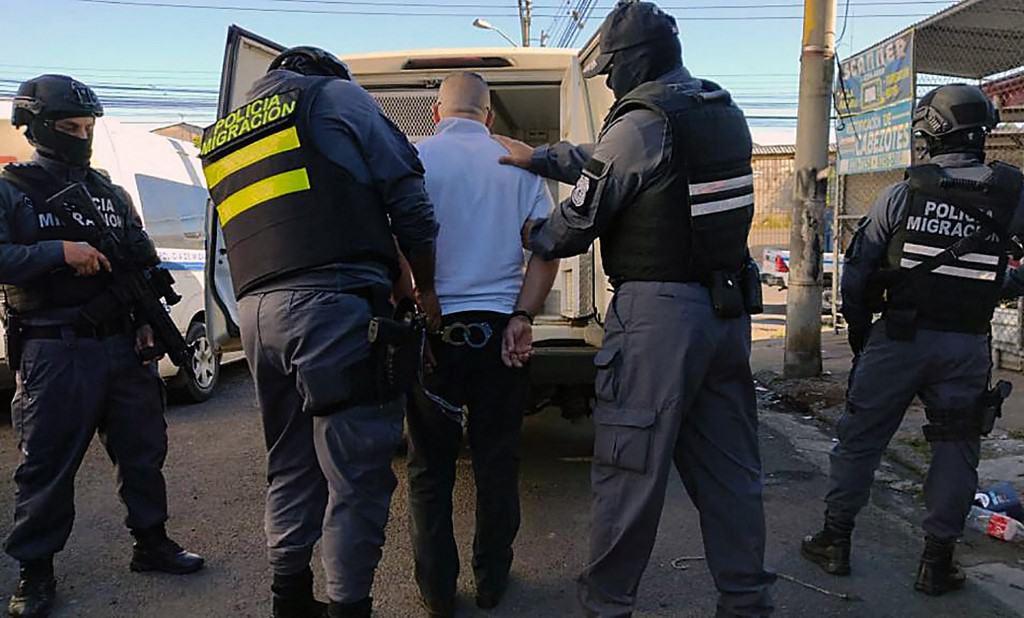The government of Costa Rica announced a state of national emergency on Tuesday in response to the dramatically increasing number of migrants crossing its southern border from Panama. Authorities say over 60,000 migrants entered just in the month of September, straining limited resources.
President Rodrigo Chaves declared the emergency measure during a press conference with officials from the National Emergency Commission (CNE) and his administration. This decree will facilitate additional funding and operational capabilities to manage the influx of migrants, primarily extracontinental individuals aiming to reach the United States.
CNE President Alejandro Picado stated that Costa Rica has received around 386,000 migrants so far this year, with the vast majority crossing through the Panama-Costa Rica border town of Paso Canoas. Last week alone, 25 unruly migrants were detained and face deportation after confrontations with police in Canoas.
President Chaves asserted that peaceful passage will be allowed, but disrespect towards authorities will not be tolerated. Migrants will be redirected from Canoas and transported via buses to Costa Rica’s northern region. However, he cautioned that Costa Rica’s compassion should not be mistaken for weakness.
Vice Minister Jorge Rodriguez highlighted the strain on local communities near the border caused by the sheer volume of migrants. Resources for waste management, water, and sanitation have been stretched thin in Corredores Municipality.
CNE President Picado said the national emergency aims to enhance security measures at the border while still ensuring humane treatment and safe transit for migrants. An extraordinary legislative session will occur today to approve emergency funds before the decree’s presentation to the president.
The migrant wave stems from an arduous 266 km jungle crossing known as the Darien Gap which separates Colombia and Panama. For many extracontinental migrants like those from Venezuela, Cuba, Haiti, Ghana, and Somalia, passing through the roadless wilderness of the Darien jungle is the only option to make their way north.
Once in Panama, the next stop is Costa Rica. Nicaragua, Honduras, Guatemala and Mexico are also feeling the effects of being part of the primary transit corridor to the United States. Regional cooperation and international assistance have become crucial to managing the flow.
While underscoring the need for order, Picado said, “We cannot turn a blind eye to the human struggle behind this exodus. Costa Rica will act with compassion but firmness for the security of all.”
With this national emergency, the Costa Rican government will have additional tools and funding to uphold stability at its borders, provide care for migrants in need, and minimize impact on local communities. However, leaders agree that the migrant crisis cannot be solved alone. More international cooperation is urgently required.






